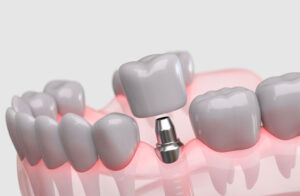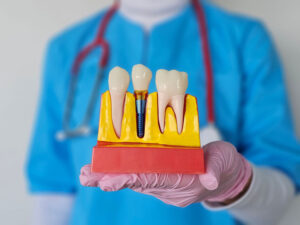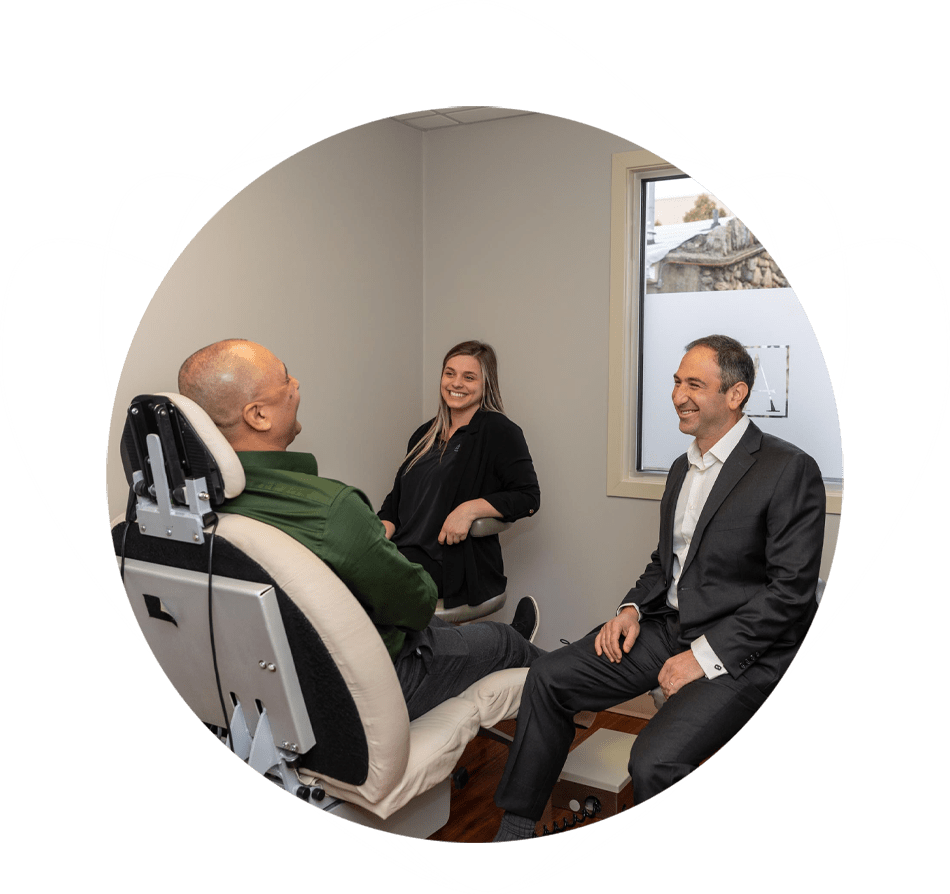Known as an umbrella term describing several types of disorders affecting the temporomandibular joint, TMJ can come with a variety of symptoms that range in their severity. Jaw pain is one of the most common, along with clicking or popping noises while eating, and limited range of motion in the jaw. Symptoms, however, can be much more far-reaching due to the complex structure of the joint. Connecting your lower jaw to your skull, and allowing for numerous types of motion, the temporomandibular joint plays a major role in the overall health of the musculoskeletal system of your skull. When it fails to function properly, it can cause other symptoms like frequent headaches, tinnitus (ringing in the ears), or vertigo.
Unfortunately, the complex nature of the jaw also makes treatment more difficult. Many who suffer from severe jaw pain can go long periods of time without proper diagnosis or treatment. If you’ve recently experienced TMJ-like symptoms, and are hoping for treatment, this blog is for you.
What Is TENS Treatment?
TENS is an acronym for transcutaneous electrical nerve stimulation, also referred to as TENS for short. A TENS device is generally a battery powered unit with four-leads that are attached to injured muscle-groups in order to facilitate diagnosis and treat pain. Using the complete range of current applied to the skin, the unit can operate at varying levels of intensity, which modulate or suppress pain signals translated to the brain. Although TENS has traditionally been used to treat neck pain, back pain, and even migraine relief, it has also been extensively used to diagnose and treat TMJ pain by helping to restore jaw mobility and relax muscles. This can help you and your dentist find the right position for your jaw in order to begin the healing process.
Non-Invasive Treatments Are Best
Surgical treatment of TMJ should only be a last resort after other treatments have failed. When seeking treatment for your TMJ symptoms, it’s best to start with non-invasive, drug-free solutions. Much like treating an injured joint in another part of the body, often the simplest treatment can provide the most effective results: letting your body do all the work. You can try eating a soft diet and applying heat or ice to the sore areas to relieve the pain. However, if the pain persists for more than a week or worsens under home care, it’s best to seek professional treatment.
Neuromuscular Dentistry and TMJ Treatment
Neuromuscular dentistry deals with the larger picture regarding TMJ and its causes. Using a combination of TENS treatment, an orthotic-a dental appliance (similar to a mouthguard), and rehabilitative exercises for your jaw, your body can begin to heal the damage itself. Much like a splint, the orthotic device holds your jaw in a position that is healthy for your jaw, and tempers the effects of tooth-grinding (bruxism), which has been known to contribute or worsen TMJ. Extended use of this device can also protect your teeth and gradually realign your jaw.
If you are in the Westchester County, New York area and believe you may be suffering from symptoms caused by TMJ, please contact experienced neuromuscular dentist Dr. George Sepiashvili for an initial TMJ consultation.
